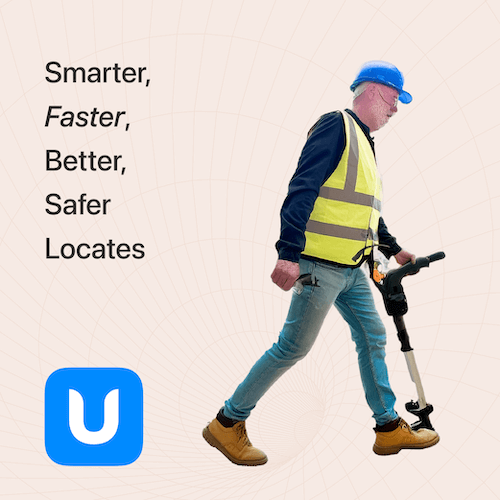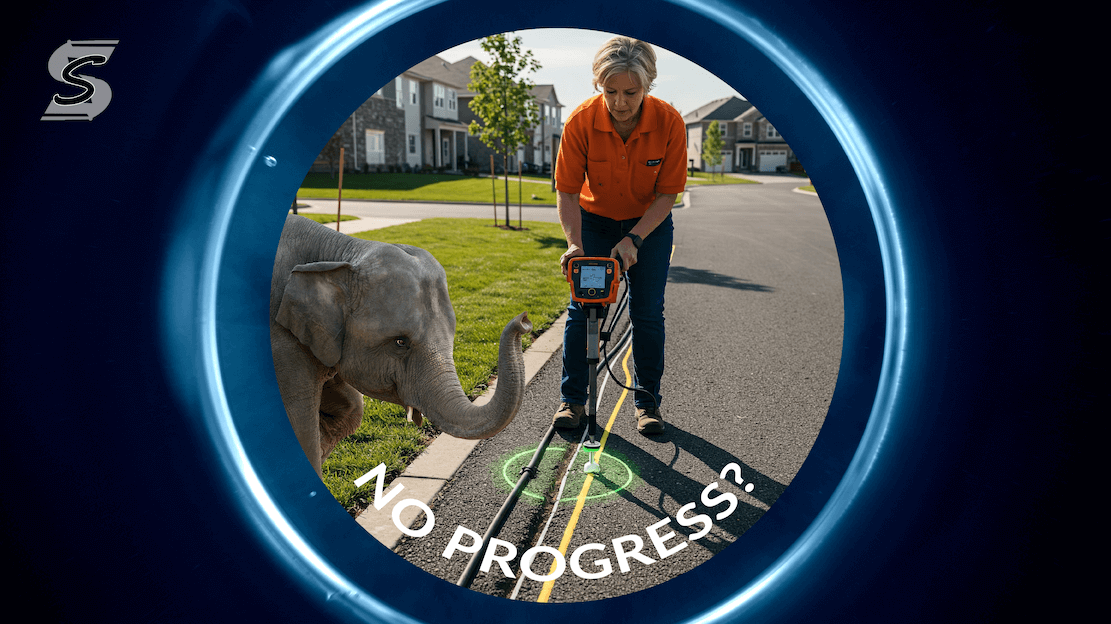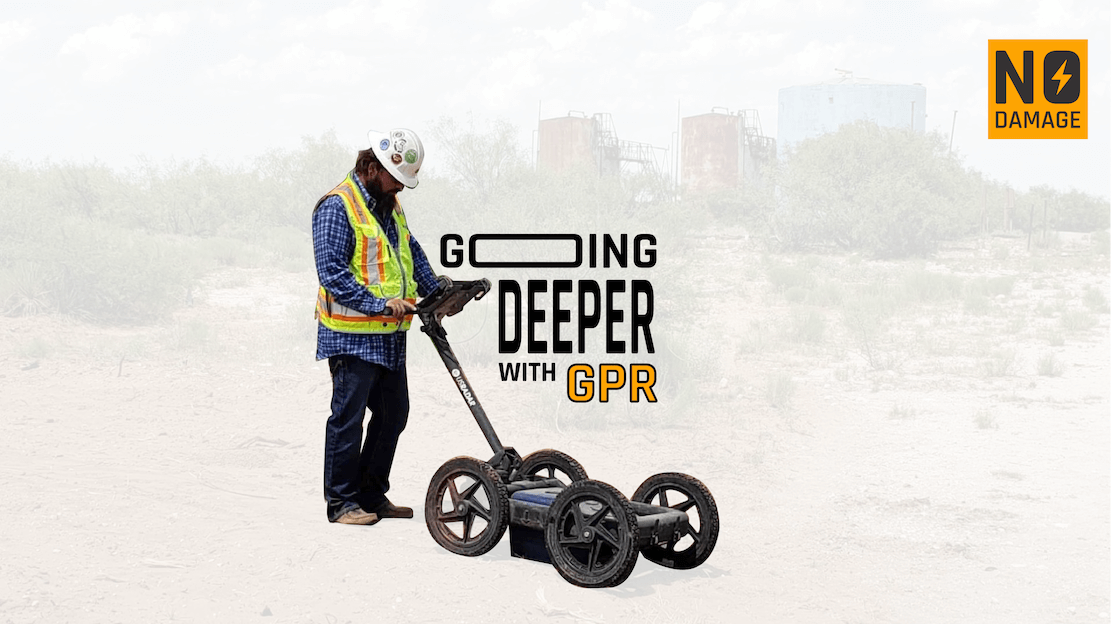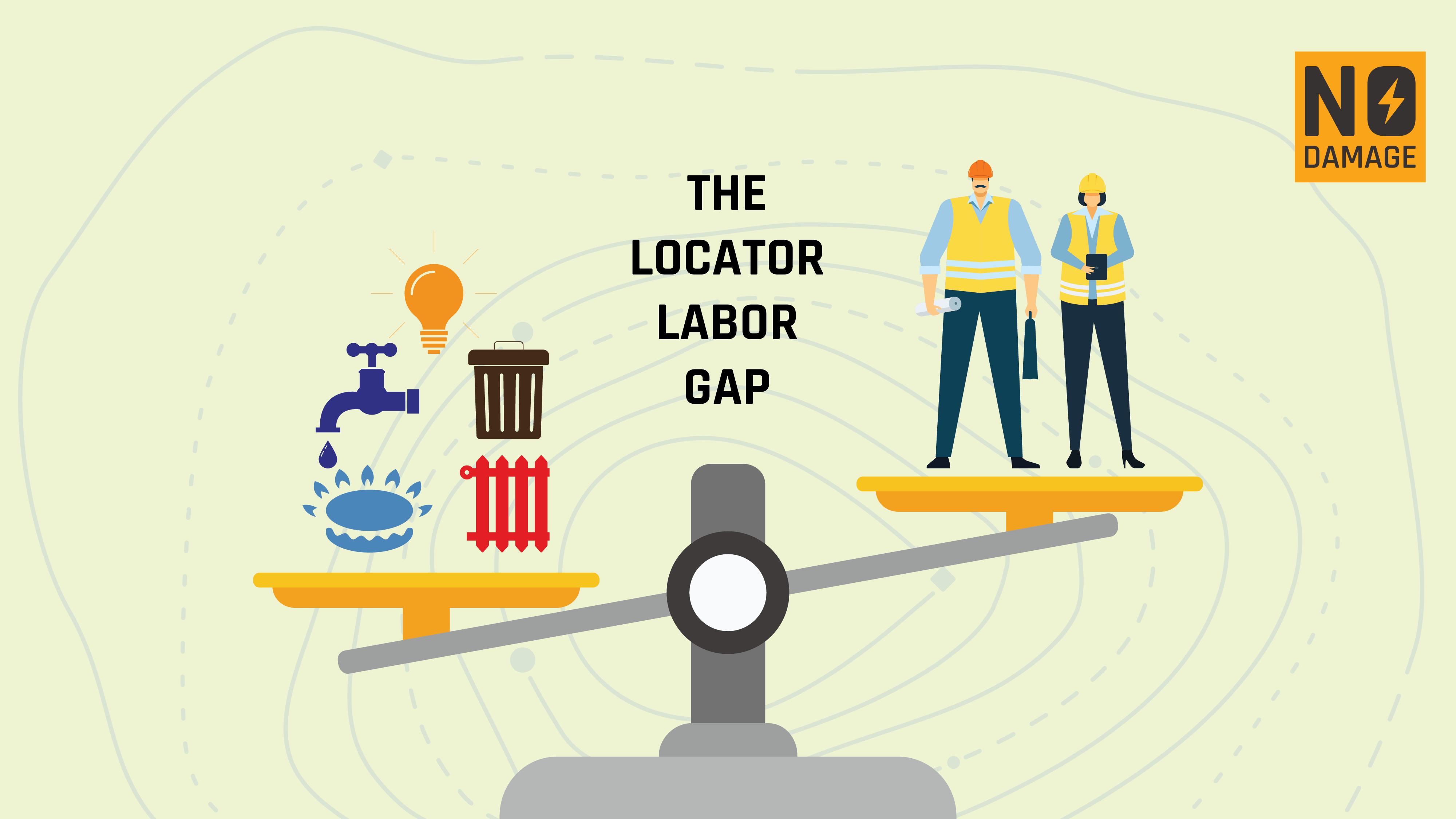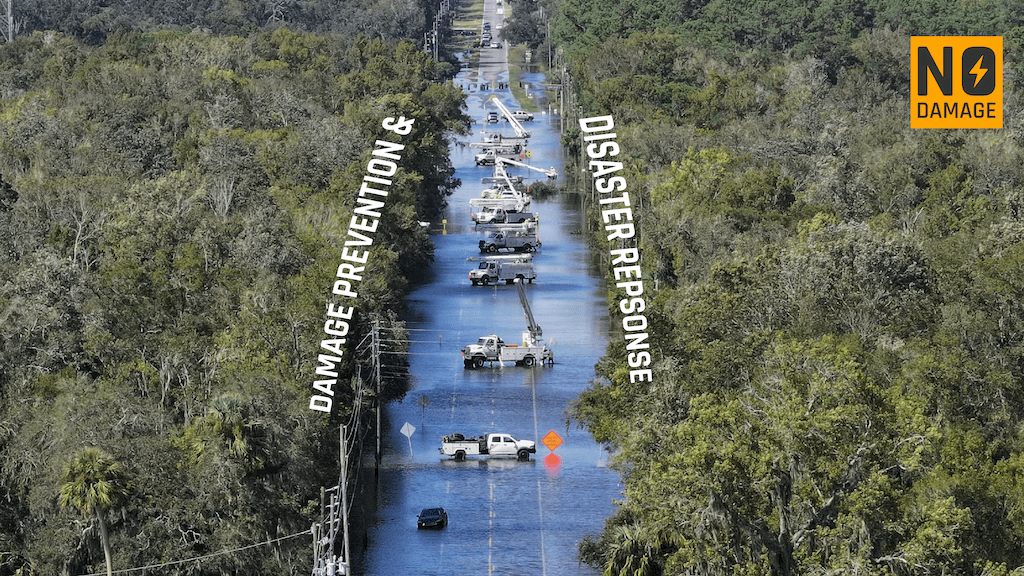
I was watching this video recently about what makes a good locator, and it got me thinking about the qualities that truly define excellence in this critical role. Utility locating is more than just a job - it’s a responsibility that requires precision, attention to detail, and an unwavering commitment to safety. The importance of this role cannot be overstated. A single mistake can lead to costly damages, project delays, and, in the worst cases, serious injury or loss of life.
So, what makes a good locator? The answer lies in a combination of technical skill, the right mindset, and a deep understanding of the importance of the task.
Insights from the Video:
The Process Matters
At first glance, utility locating may seem straightforward: follow the process, use the right tools, and the job is done. However, as the video rightly points out, it’s not just about knowing the process; it’s about consistently applying it. Good locators understand that the process exists for a reason. It’s designed to minimize risk, ensure accuracy, and protect everyone involved in the project. Yet, it’s all too easy to become complacent, especially when the job seems routine or when time pressures mount.
Complacency, laziness, and poor communication are the enemies of good locating. A locator who cuts corners or assumes that “it’ll be fine” is not just risking their reputation - they’re risking the safety of the entire project. On the other hand, good locators treat every job with the seriousness it deserves. They follow the process meticulously, even when it takes longer, because they know that thoroughness now can prevent disasters later.
One Team, One Dream
A critical aspect of being a good locator is understanding that you are part of a larger team. The video emphasizes the idea of “one team, one dream,” highlighting the importance of collaboration between locators and the field crews performing the excavation work. Good locators see themselves as part of the client’s team, sharing the same goals: completing the project safely, on time, and without unnecessary complications.
This team-oriented mindset is crucial. When locators and excavators work together, they can anticipate challenges, communicate effectively, and avoid misunderstandings that could lead to mistakes. Good locators care about the success of the entire project, not just their part in it. They know that a successful dig depends on accurate locating, and they take that responsibility seriously.
The Right Attitude
Attitude is everything in utility locating. The video contrasts the approach of good locators with those who are less diligent. Good locators have a mindset of doing it right the first time. They don’t take unnecessary risks, and they don’t rely on luck. They approach each job with the intention of being thorough, accurate, and safe.
In contrast, less diligent locators often have an attitude of “she’ll be right” - a complacent belief that things will work out, even if they don’t follow the process to the letter. This mindset is dangerous. It leads to shortcuts, incomplete checks, and, ultimately, mistakes. Good locators know that this attitude is unacceptable. They take pride in their work, and they understand that their job is not just about finding utilities; it’s about preventing accidents and ensuring the safety of everyone involved.
The Importance of Hard Work
There’s a quote from the sporting world that resonates deeply in the utility locating industry: “Hard work beats talent when talent fails to work hard.” The video emphasizes that while book smarts, intelligence, and experience are important, they are not enough on their own. A locator who fails to apply themselves - who doesn’t put in the effort to do the job right - will eventually be caught out.
Good locators are those who combine knowledge with effort. They don’t rely on their past experience to carry them through; they apply themselves fully to each new job, no matter how routine it may seem. They understand that hard work is the foundation of success in utility locating. It’s what ensures that every aspect of the job is completed thoroughly and accurately.
Taking the Time to Do It Right
One of the most significant challenges in utility locating is balancing the need for thoroughness with the pressures of time. Clients often have tight deadlines, and there’s always a temptation to rush the locating process to keep the project moving. However, as the video points out, good locators understand that “time takes time.” They know that doing the job right may take longer than expected, but they also know that this investment of time is necessary to avoid problems later on.
Rushing through a locating job increases the risk of missing something important. Good locators resist this pressure. They take the time to do their checks and balances, to investigate thoroughly, and to ensure that they have a complete understanding of what’s underground before giving the all-clear. They communicate with their clients, managing expectations and explaining why thoroughness is essential.
The Consequences of Getting It Wrong
The video touches on a harsh but true lesson: “The poor man pays twice.” In utility locating, this means that if the job isn’t done right the first time, it will have to be done again - often at a much higher cost. Mistakes in locating can lead to utility strikes, project delays, and expensive repairs. More importantly, they can compromise safety.
Good locators understand the gravity of their work. They know that a mistake on their part can have serious consequences, not just for the project, but for the people working on it. This understanding drives them to be meticulous in their work, to double-check their findings, and to never take anything for granted.
My Own Thoughts on What Makes a Good Locator
In addition to the insights shared in the video, I believe there are several other key qualities that make a good locator stand out:
1. Ability to Multi-Task
2. Tech-Savvy
3. Trustworthy
4. Inquisitive Nature
5. Communication Skills
6. Adaptability
7. Patience
Conclusion
The qualities that make a good locator go beyond technical skills. They include the right mindset, a commitment to safety, and the ability to manage both the physical and mental demands of the job. Whether it’s following the process meticulously, collaborating with the team, or applying the lessons learned from experience, good locators are those who bring a combination of hard work, curiosity, and integrity to every job. Technology can only fill in so much, and we really rely on the boots on the ground to use it correctly and efficiently. In an industry where the stakes are high, these qualities are what set the best locators apart from the rest.
Share this Post

